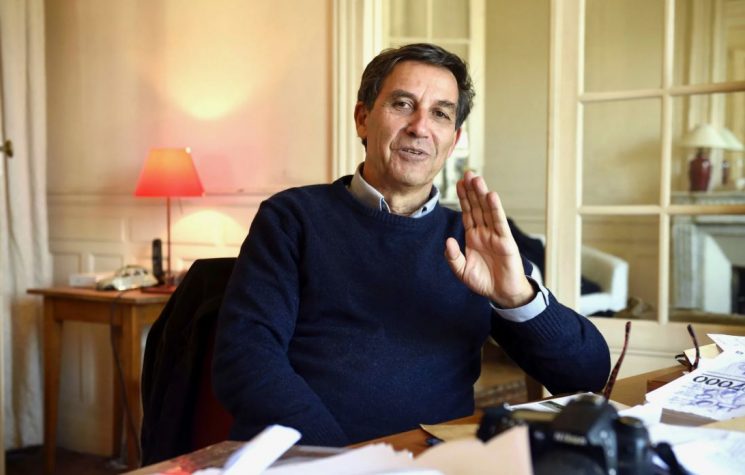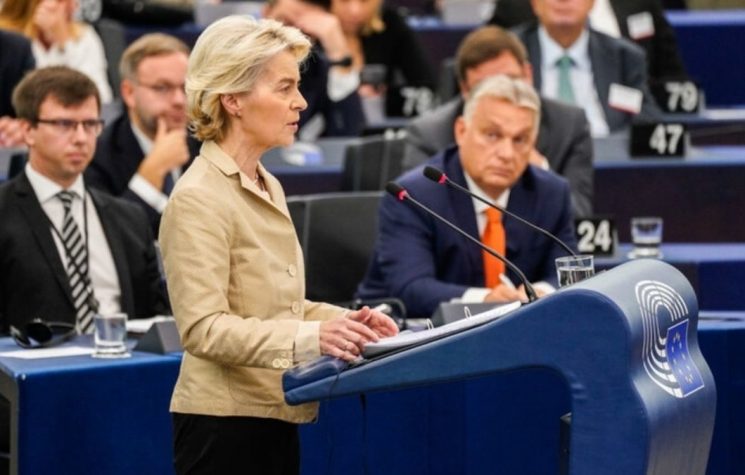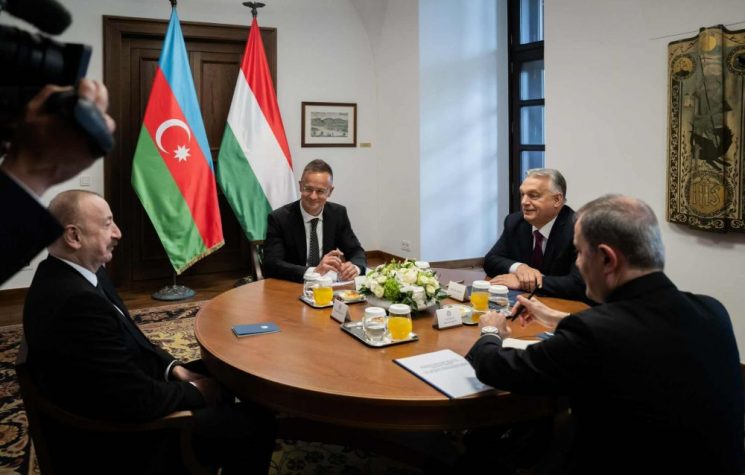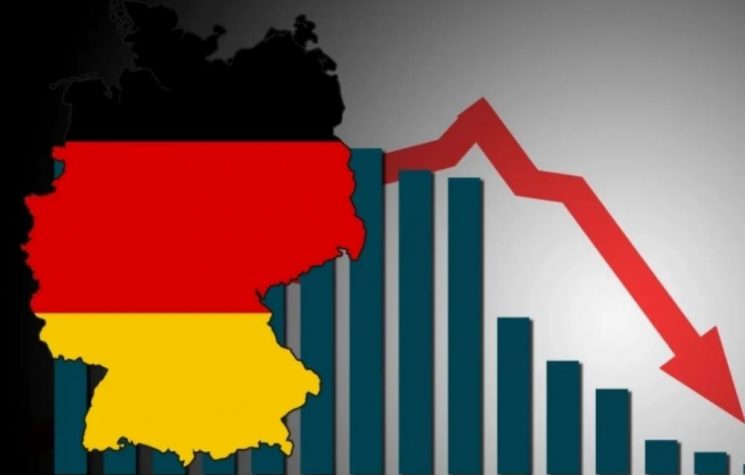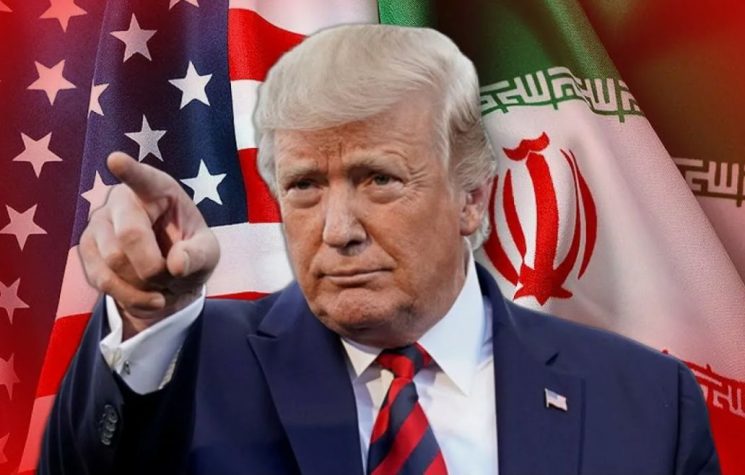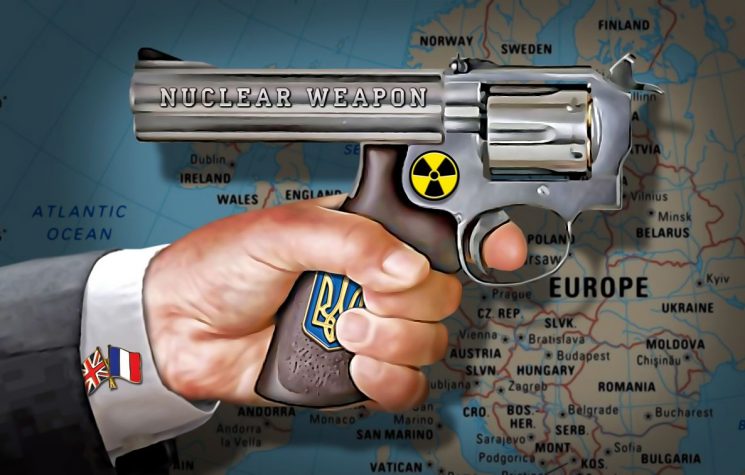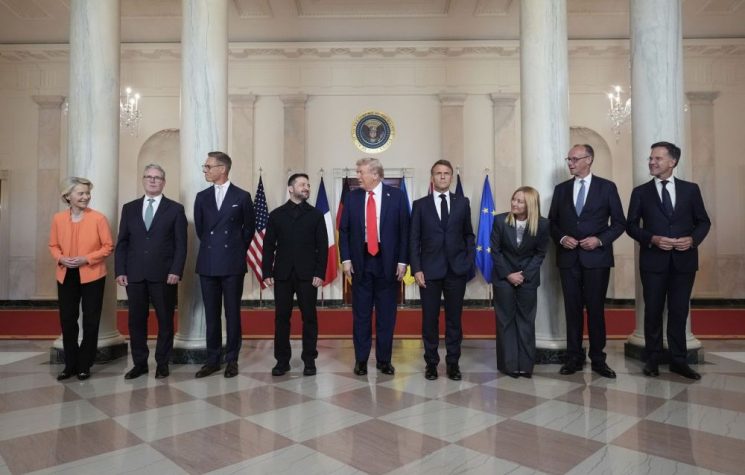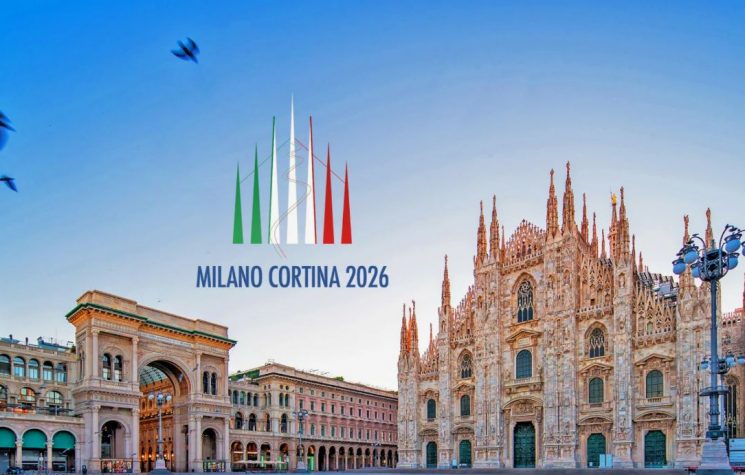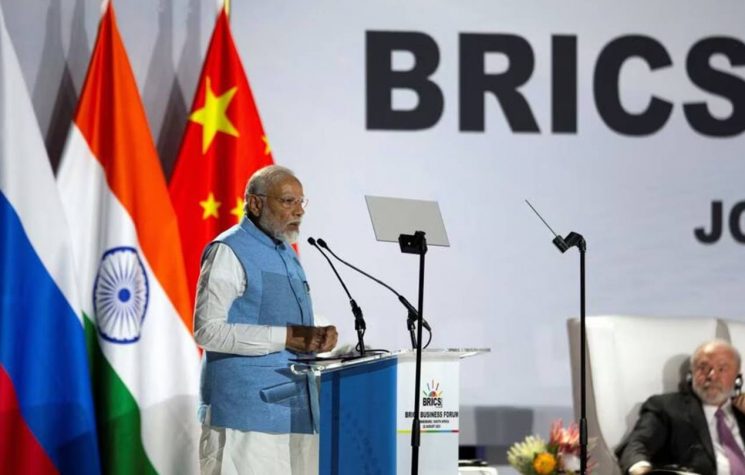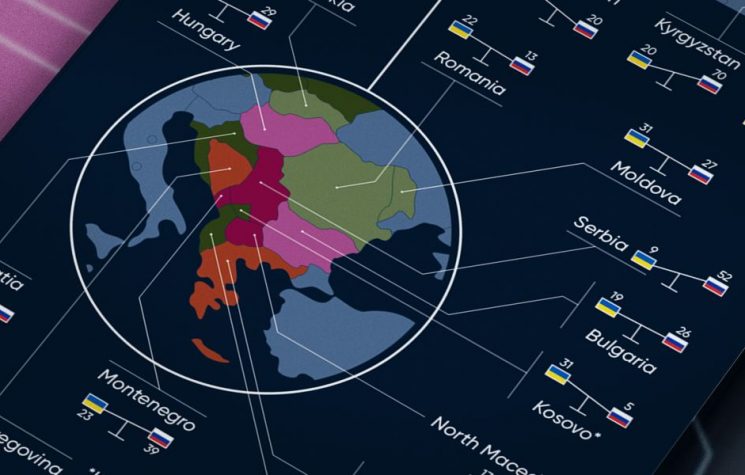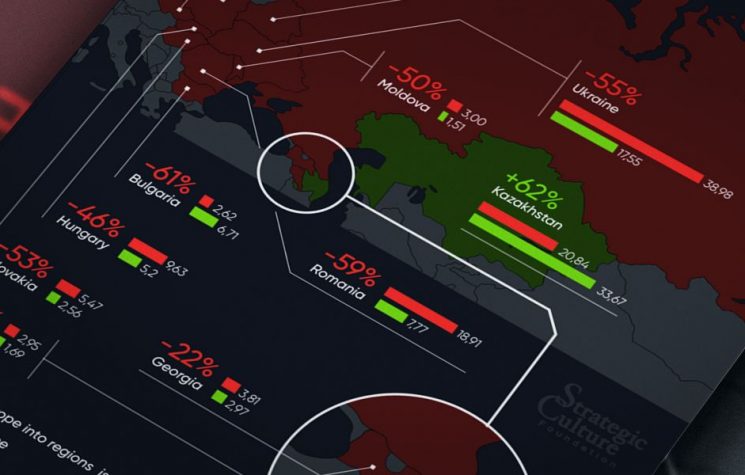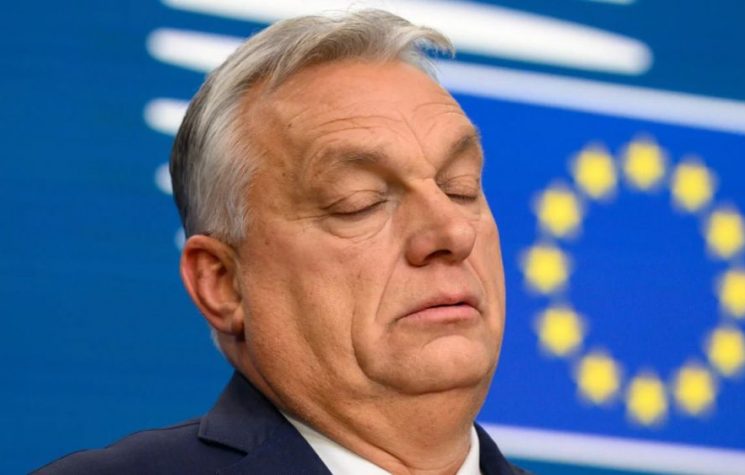A revolution of common sense is starting in Budapest. In a multipolar world, Europe needs to become internally multipolar or risk falling apart.
Join us on Telegram![]() , Twitter
, Twitter![]() , and VK
, and VK![]() .
.
Contact us: info@strategic-culture.su
Péter Szijjártó, Hungary’s Foreign Minister, gave the opening address at the Budapest Global Dialogue 2025, a forum bringing together academics and policy thinkers from Europe through Asia to discuss the pressing needs of our time. His theme, a repetition of Donald Trump’s inaugural address, for Hungary to lead a revolution of common sense.
At its heart, this means a reclamation of sovereignty. Keen to engage with an emerging multipolar world, the war in Ukraine has elevated the sense in Budapest that its sovereignty has been under assault from Brussels.
Szijjártó was unflinching in his criticism of decision makers in Brussels who had lectured Hungary over the past three years about its more moderate stance towards Russia in the war in Ukraine. He offered no praise of Russia, but rather a determination not to allow Hungary to be pushed into a war in its neighbourhood.
Most powerfully, he commented on Hungary’s bitter experience of being caught between one powerful bloc and another, a pointed reference to Hungary’s occupation by the Soviet Union in 1956. In a multipolar world, common sense demanded that, as a small sovereign nation, Hungary act as a crossroads between the east and west, not a battleground for the two. A choice between Europe and Russia, or between the west and Asia, was a false choice that would only destroy Hungarian growth and development.
It is understandable that Hungary doesn’t want to play good corporate citizen within a Europe that is stagnating economically under self-imposed high energy prices, driven by a war that it doesn’t want to be a part of.
In promoting a common sense approach Szijjártó indirectly highlights a painful truth about Europe.
Europe cannot play a geopolitical role because of the inherent constraints of collective decision making. Twenty-seven states cannot and never will be able to take geopolitical decisions with the clarity and speed needed to ensure decisive action at key moments.
The stubborn and truculent demands of sovereignty will always get in the way. There is a huge and unbridgeable gap between the declarative and decision-making power of the European Institutions that inevitably produces weak and often self-defeating decisions, particularly on foreign policy.
And because of this, sovereign states feel that their interests are eroded.
Because they can see that the Brussels consensus produces the worst of all worlds.
European declarations, however martial, cannot match the unilateral moves of sovereign states such as Russia.
European decisions, when they eventually happen, more often than not seem to hurt Member States more.
As an illustration, Szijjártó compared von der Leyen’s call to cut Russian energy supplies with the reality that Europe still imports Russian LNG at a hugely inflated cost, driving up bills for Hungarian people.
There are other illustrations of this.
Kaja Kallas was accused over overreach in trying to cajole larger member states to make significant increases in their spending on weapons’ production at a time when their domestic economies faced headwinds caused by the war.
Europe promised to support Ukraine for as long as it takes. Yet some Member States including Hungary quickly reached the conclusion that the war had taken too long and must end.
And of course, countries trying to play a leading role free from the long screwdriver of Brussels face the same challenge. Britain and France committed to send peacekeeping troops to Ukraine. But then they were caught between insufficient enthusiasm from other European states like Italy to do so too, and a realisation that they did not have enough troops of their own.
This goes right to the heart of why Europe is failing. Decision makers in Brussels, however hard they try, can never bypass the sovereign needs and choices of individual member states.
Member states, acting alone, can never summon up sufficient momentum to play a decisive role, without the overwhelming support of others.
In subsequent sessions, one after another (often US) academic pointed out the need for Europe to step up and play a more prominent role at a time of unprecedented global conflict, yet that seemed massively to miss the point.
The standard prescription to double European defence spending is irrelevant if Europe as a collective is unwilling to defend itself.
Europe cannot play a geopolitical role in great power competition because it is not a great power but rather a collection of middling and smaller sovereign states.
The departure from common sense and the related erosion of sovereignty in European Member States will always make the challenge of becoming a credible geopolitical power impossible.
The only way that Europe could even hope to play a geopolitical role would be to match its industry with cheap energy which it has chosen decisively not to do. Instead, the USA promotes internal division within Europe and an over-dependence on expensive American energy.
This point goes to the heart of the Szijjártó’s message. Europe has seen a catastrophic departure from common sense as it has tried to build a geopolitical identity for itself since the agreement of the Lisbon Treaty and the creation of a High Representative for Foreign Affairs role.
The onset of the Ukraine war has seen an acceleration of efforts by the Commission to centralise control as is it confronted by resistance from sceptical member states like Hungary. Yet the resulting assault on national sovereignty has made states like Hungary resist more. Efforts now underway to change EU voting rules to bypass dissent in Budapest and Bratislava will serve only to drive sovereign countries towards the exit.
The uncomfortable truth is that an increasingly multipolar world demands a multipolar Europe. That means a Europe of sovereign states that collaborate within a single market, but with the suffocating, centralising institutions of Brussels radically downsized and divested of their undemocratic powers. That also means an uncomfortable reckoning with the need to be on good terms with Russia.
With the US teetering on the brink of going to war in Iran for reasons few in Europe really understand there has never been a greater need for a revolution of common sense. That needs to start today, here, in Budapest.











